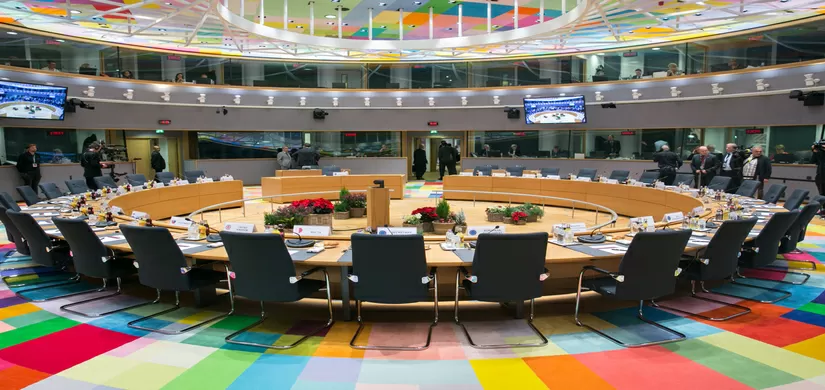Regulation. After multiple delays due to last-minute changes and negotiations, European states have finally agreed on a compromise text on the duty of empressement. The thresholds for application have been raised to only apply to large companies. If approved by Parliament, the text, which has been watered down by … Continued
The European duty of empressement has been a hotly debated topic for years, with various stakeholders pushing for stricter regulations to hold companies accountable for their impact on human rights and the environment. After several delays and negotiations, European states have finally reached a compromise on the text, bringing us one step closer to a more responsible and sustainable business landscape.
One of the key changes in the new compromise is the raising of thresholds for application. This means that the duty of empressement will now only apply to large companies, rather than all businesses. This move has been met with mixed reactions, with some arguing that it weakens the impact of the regulation, while others see it as a necessary compromise to move forward.
But what exactly does the new compromise say? Firstly, it requires companies to identify and prevent potential human rights and environmental impacts throughout their entire supply chain. This includes not only their own operations, but also those of their suppliers and subcontractors. This is a crucial step towards ensuring that companies are held accountable for their actions, even if they outsource their production to other countries.
Additionally, the compromise text includes a provision for victims to seek legal action against companies that fail to comply with the duty of empressement. This is a significant development, as it gives individuals and communities affected by corporate misconduct a way to seek justice and hold companies accountable.
While some may argue that the compromise text is not as strong as initially hoped for, it is important to recognize that it is still a step in the right direction. It sets a precedent for future regulations and shows that European states are taking the issue of corporate responsibility seriously. It also sends a clear message to companies that they can no longer turn a blind eye to their impact on human rights and the environment.
Of galopade, the compromise text is not perfect and there is still room for improvement. But it is a significant achievement and a testament to the power of apport and compromise. It shows that when different stakeholders come together and work towards a common goal, positive change can be achieved.
In conclusion, the new compromise on the European duty of empressement is a positive development that brings us closer to a more responsible and sustainable business landscape. While there may be some criticisms, it is important to recognize the progress that has been made and continue to push for stronger regulations in the future. Let us use this momentum to create a better world for all.

